Wall Street and City banking chaos hits mobile firms
With Lehman Brothers collapsing and other financial services firms merging or cutting back, mobile phone and wireless contracts are being axed en masse.

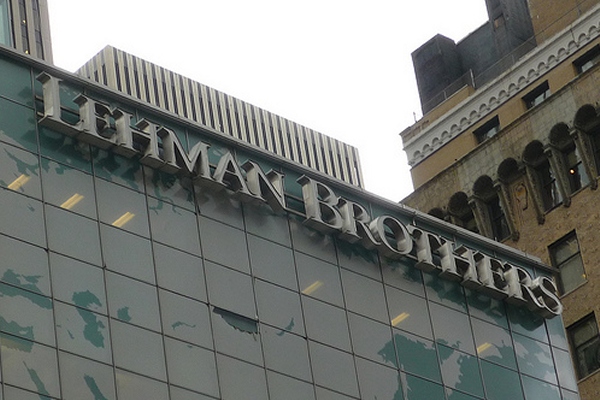
When Lehman Brothers went bust at the beginning of this week, most people's attention was focused on the thousands of staff left unemployed. The bank employed 4,000 in the City and 1,000 in High Wycombe alone.
With HBOS merging with Lloyds TSB and other mergers and failures likely, the knock-on effects are beginning to be felt, as suppliers and local support businesses begin to feel the impact of losing the majority of their clientele.
Among the hardest hit suppliers to the banking industry are the various mobile phone networks, with thousands of business contracts for BlackBerry smartphones and other mobiles either being cancelled or simply being cut off on both sides of the Atlantic due to non-payment, as is likely to be the case following the Lehman Brothers collapse.
Analysts said the success of Blackberry-maker RIM is the most dependent on the future success of the major financial centres.
"RIM probably looks most exposed to any downside risk in this segment," said analyst Neil Mawston from research firm Strategy Analytics, adding that also Palm, HTC and HP could be exposed financially.
Handset makers already face an increasingly fierce battle for market share as demand slows in the US, UK and Europe, where economies are under pressure from the global credit crunch.
Operators have started to answer the growing problem by shifting their subsidy expenditure to more expensive phone models, longer airtime commitments and higher monthly contract spends - hoping to attract clients who spend more money by surfing on the internet and checking their email.
Sign up today and you will receive a free copy of our Future Focus 2025 report - the leading guidance on AI, cybersecurity and other IT challenges as per 700+ senior executives
In Western Europe handset sales fell sharply in the first half of 2008, Gartner says.
"However a substantial reallocation is underway in that 45 per cent of subsidies in these markets now go towards smartphones, some 20 percentage-points higher than 18 months ago - a trend which we believe will continue," Credit Suisse said in a research note, adding this was likely to hurt sales volumes of cheaper phones.
RIM, which sold 5.6 million BlackBerry units last quarter, has been able to successfully expand its customer base beyond Wall Street bankers in the last few years, but 40 per cent of its new subscribers were still from large corporations in the last fiscal quarter.
"No matter how much economic challenge there is, how many people do you know that have given up their mobile?" RIM's co-chief executive Jim Balsille said on Thursday in Mumbai at the launch of the BlackBerry Bold smartphone in India.
"But there's clearly got to be a point where there is an impact. Macroeconomic factors have gotten all the more turbulent in the last week, and maybe it will come to that tipping point," he said, declining to say if the company stood by its guidance for the second quarter and for the rest of the year.
Among the large mobile phone makers, Nokia has been pushing for a bigger share of the mobile email market for years, but sold just two million E-series business phones in the second quarter, less than two per cent of its total volume.
"Nokia's E-series handsets have been struggling to gain traction over the past year, so the current financial-industry wobbles may not help them," said Strategy Analytics' Mawston.
-
 Nokia hails success of Europe’s first commercial 5G cloud RAN deployment
Nokia hails success of Europe’s first commercial 5G cloud RAN deploymentNews Elise says its 5G cloud network puts it in a strong position during a move towards 6G
-
 Kyndryl and Nokia extend partnership to drive data center networking gains
Kyndryl and Nokia extend partnership to drive data center networking gainsNews The companies plan to offer more data center networking options aimed at enterprise customers
-
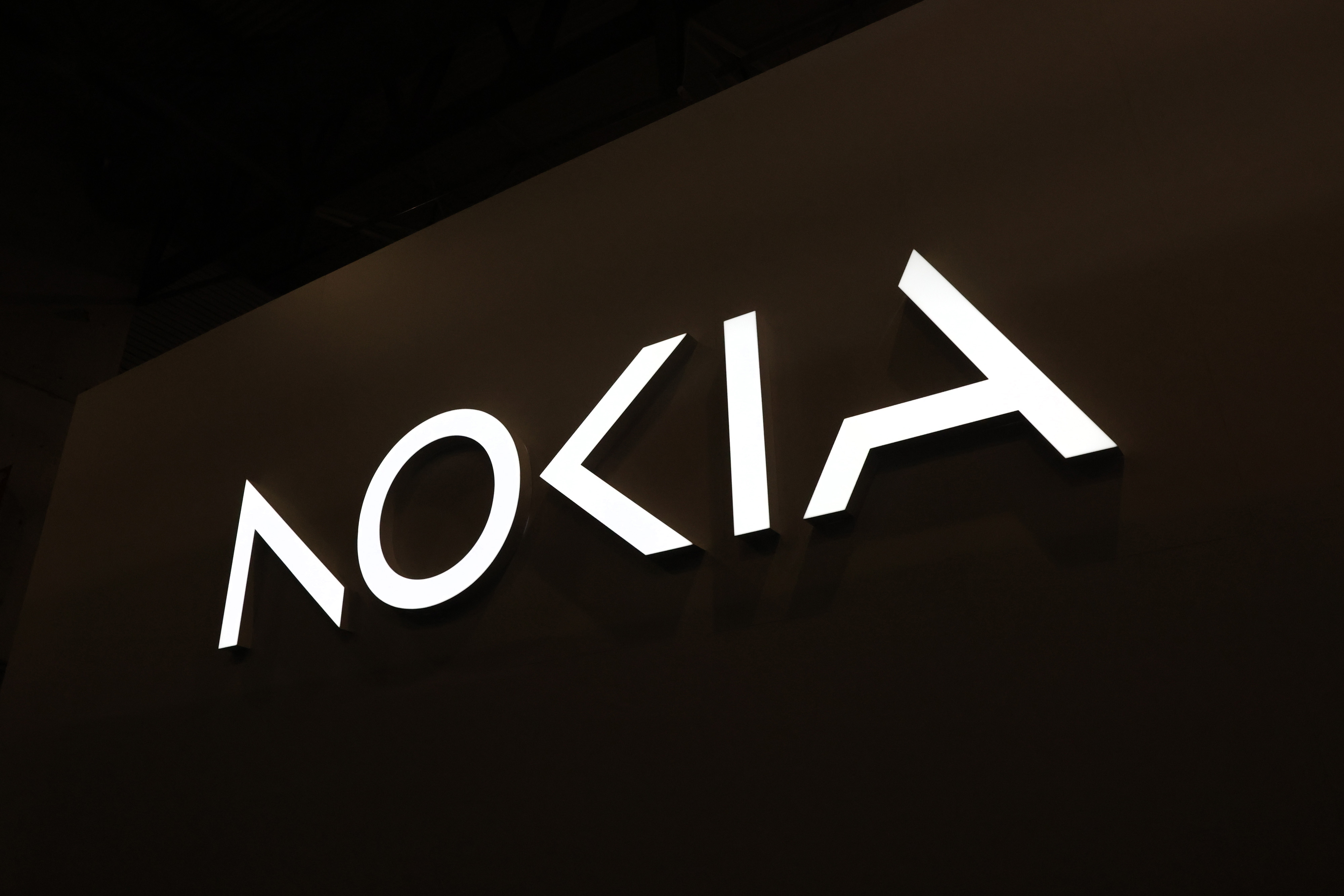 Dell and Nokia expand strategic partnership to drive network cloud transformation
Dell and Nokia expand strategic partnership to drive network cloud transformationNews The companies will leverage each other’s expertise and distribution to scale telecom networks and private 5G use cases
-
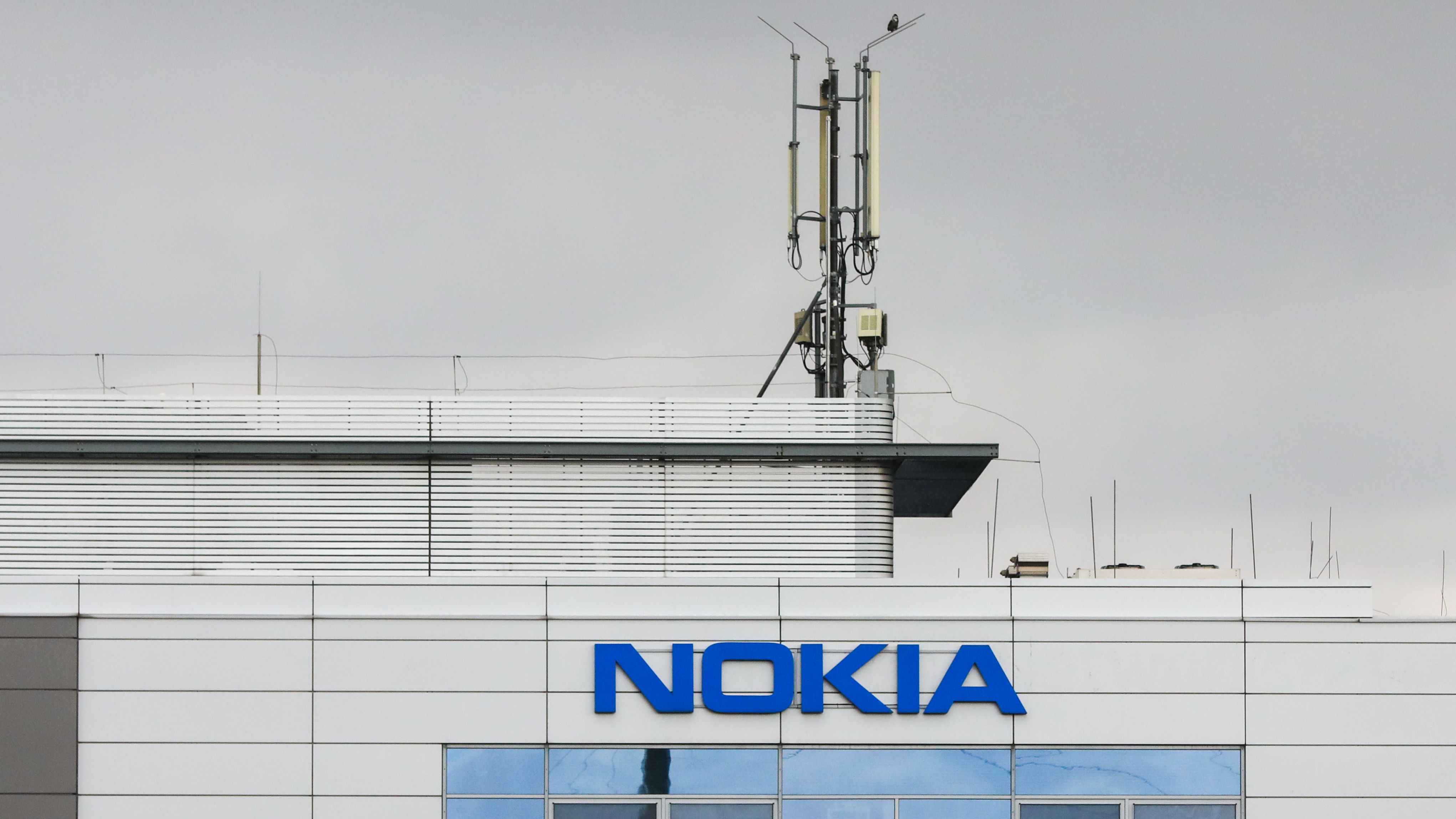 Nokia and Google score breakthrough in Android 13 network slicing
Nokia and Google score breakthrough in Android 13 network slicingNews Nokia's solution will allow devices to connect to multiple network slices simultaneously, provided by existing 4G and 5G operators
-
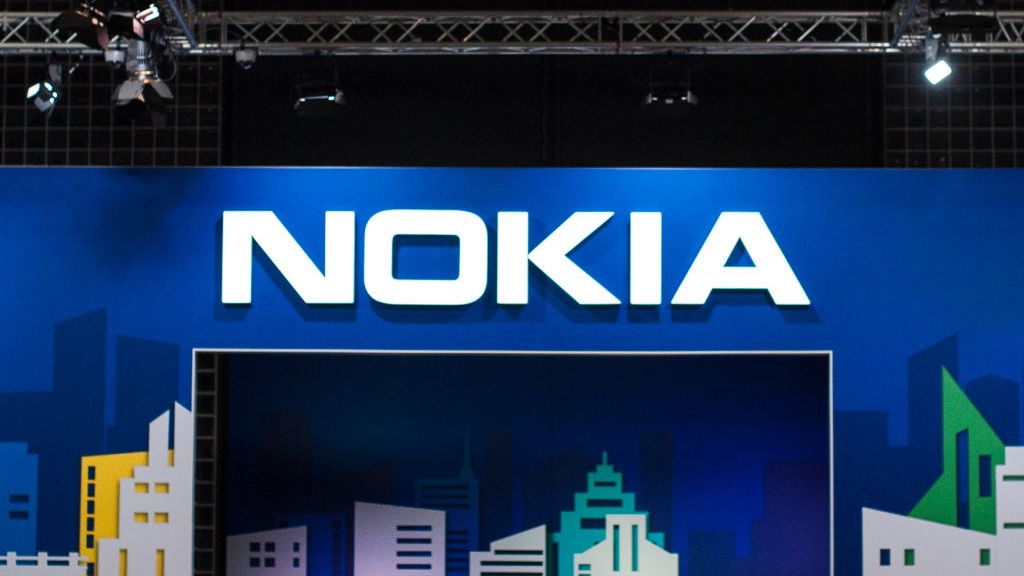 Nokia wins Indosat contract to expand 5G across Indonesia
Nokia wins Indosat contract to expand 5G across IndonesiaNews The deal will bring next-gen communication technology to customers across a 1.4 million square kilometre area
-
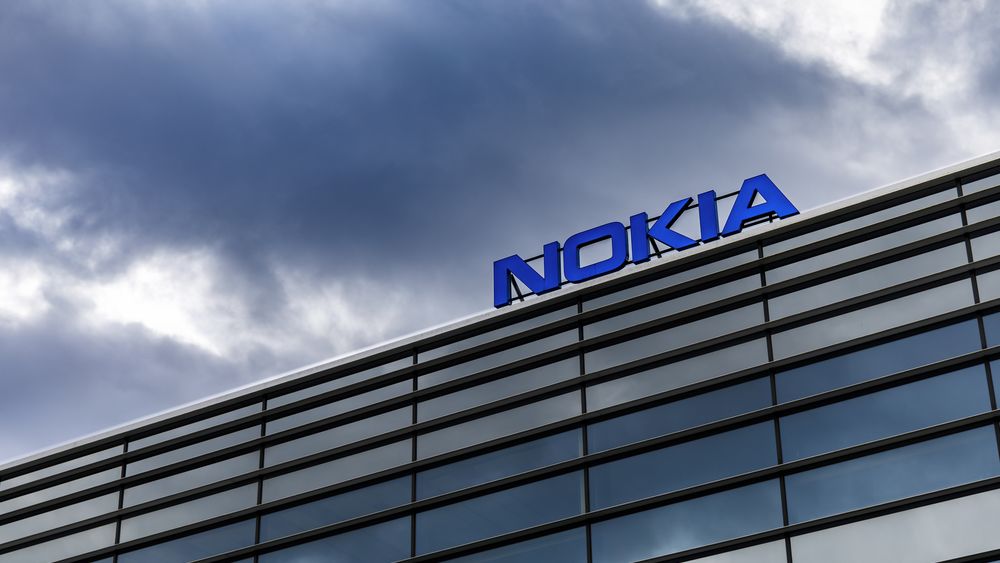 Nokia and Ligado partner on 4G, 5G enterprise private network
Nokia and Ligado partner on 4G, 5G enterprise private networkNews Nokia will leverage Ligado’s Band 24 spectrum to reach the US enterprise market
-
 The IT Pro Products of the Year 2021: The year’s best hardware and software
The IT Pro Products of the Year 2021: The year’s best hardware and softwareBest Our pick of the best products from the past 12 months
-
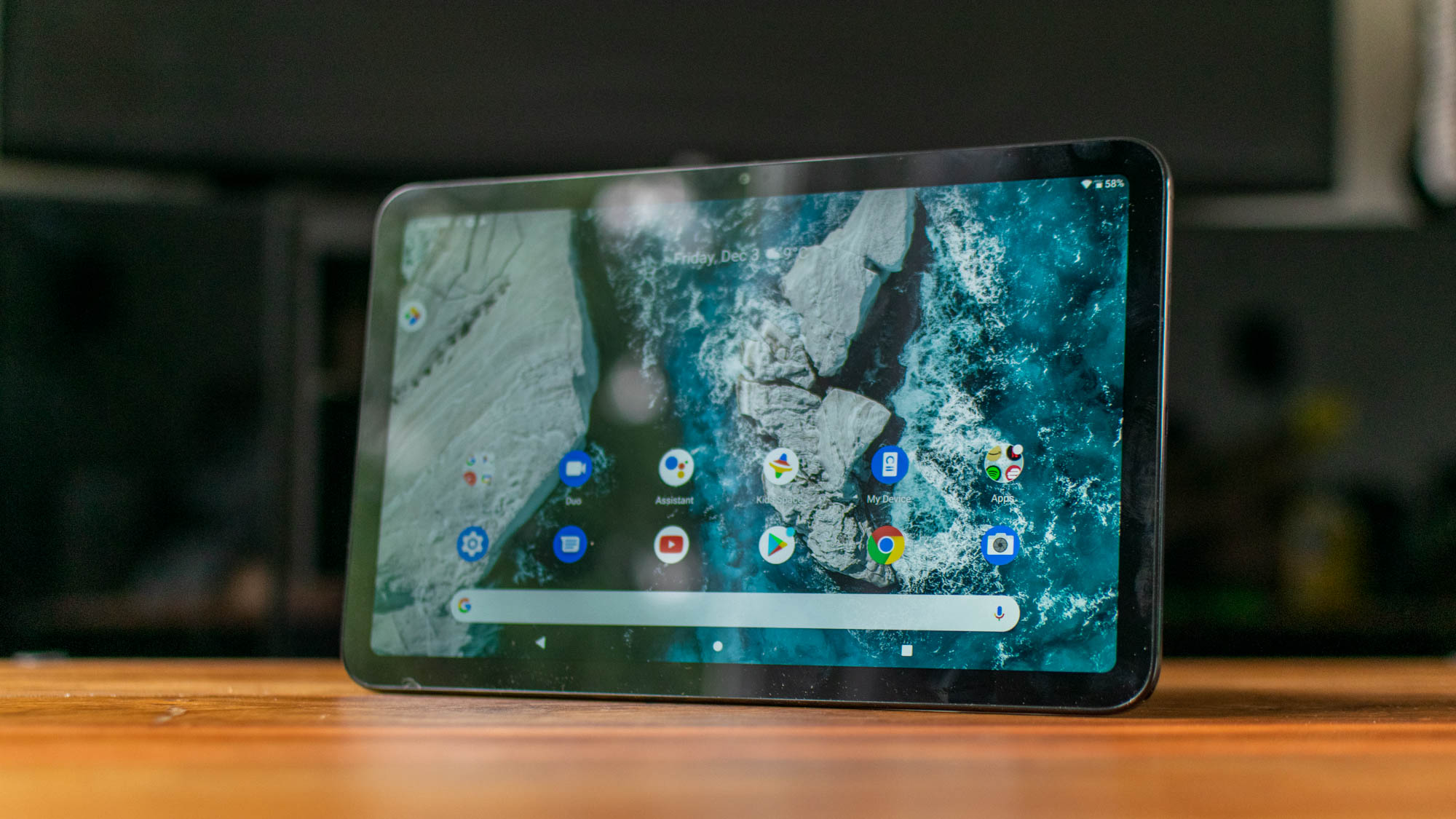
 Nokia T20 review: A simple, sturdy Android tablet at an SMB-friendly price
Nokia T20 review: A simple, sturdy Android tablet at an SMB-friendly priceReviews It’s not as luxurious as an iPad, but the T20 makes a fine, functional tablet for business

